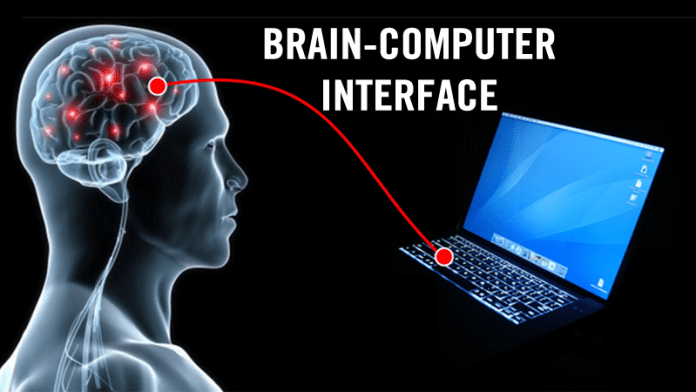Researchers in Europe just designed a brain-computer interface that helps them read the thoughts of patients locked in their bodies. According to researchers, patients who have been suffering from different types of locked-in syndromes and are losing the ability to communicate with the world can now communicate.
This Computer Interacts With The Brain And Reads Your Mind
We are seeing how Brain Computer interfaces are gaining lots of interest in recent years, especially in medical science. Tech giants and universities are willing to spend millions just to develop a properly working Brain-computer interface.
As we all know, Brain Computer interfaces can read human brains and make critical things easier. As we already mentioned, BCI can improve the lives of people who cannot control their bodies for a long time in the medical sector.
So, patients who have been suffering from different types of locked-in syndromes and are losing the ability to communicate with the world can now communicate.
Researchers in Europe designed a brain-computer interface that helps them read the thoughts of patients locked in their bodies. Guess what? The patients can now answer simple yes/no questions.
The patient wears the BCI just like a swimming cap. According to MIT Tech Review, the interface “measures changes in electrical waves emanating from the brain and also blood flow using a technique known as near-infrared spectroscopy.”
The researchers’ team asked the patients personal questions with simple answers YES/NO. Three out of four replied yes when the patients were shown the “I love to live” statement.
MIT Tech Review wrote “Birbaumer’s team asked patients, over the course of about ten days of testing, to respond yes or no to statements such as “You were born in Berlin” or “Paris is the capital of Germany” by modulating their thoughts and altering the blood-flow pattern. The answers relayed through the system were consistent about 70 percent of the time, substantially better than chance.”
Technology like BCI could be benefited heavily in the health sector. Particularly for those suffering from locked-in syndromes. So, what do you think about this? Share your views in the comment section below.



